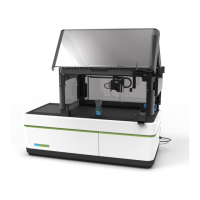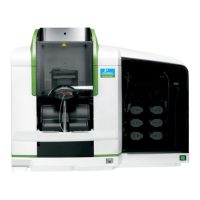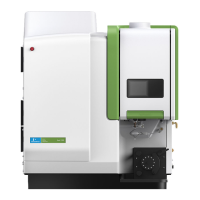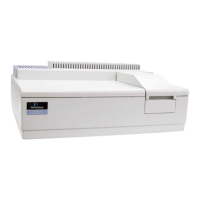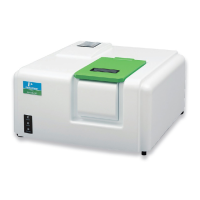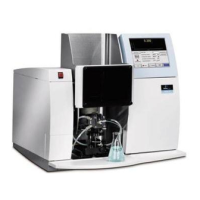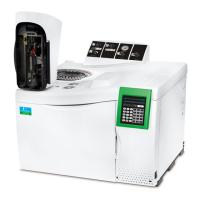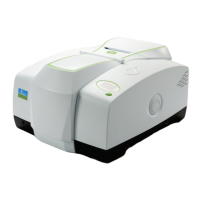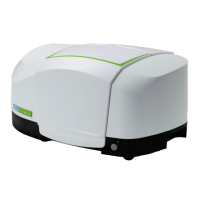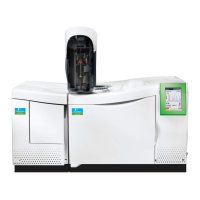
Do you have a question about the PerkinElmer Panthera-Puncher 9 and is the answer not in the manual?
| Brand | PerkinElmer |
|---|---|
| Model | Panthera-Puncher 9 |
| Category | Laboratory Equipment |
| Language | English |
Details changes made to the manual, marked with underlined text.
Lists copyright information and registered trademarks of PerkinElmer, Inc.
Describes the Panthera-Puncher 9's use for IVD assays with dried blood spots.
Provides general usage notes, including UI language options and network connection behavior.
Explains symbols used in the manual to identify hazards and important information.
Defines conventions used in system documentation, including Warning, Caution, and Note types.
Lists critical warnings for safe operation, including data security and handling of the instrument.
Provides contact information for reporting serious incidents in the EU and similar regulatory regimes.
Describes the use of a touch screen interface for operating the Panthera Manager software.
Explains the layout of the user interface, including the task bar and content display area.
Details the availability and use of an on-screen keyboard for text input.
Explains the Intellipunch function for optimizing disk punching from blood spots.
Lists the available punch head sizes and potential issues with specific sizes.
Describes how the instrument informs the user about error situations and how to proceed.
Guides the user through the process of starting and shutting down the Panthera-Puncher 9.
Details the procedure for loading and setting up plates on the instrument's plate track.
Explains how to unload plates and the software's recovery file creation process.
Describes how to view and modify plate details, such as plate maps and well contents.
Explains the functionality of the Repunch mode for re-punching specific wells.
Details the punching process, including sample identification and barcode reading.
Explains sample identification methods using barcodes or automatic ID generation.
Describes how to adjust sample card position to optimize punch area detection.
Explains how punching priority is determined for different analytes.
Details the use of static punch patterns as an alternative to Intellipunch.
Describes the Retest mode for performing retests with different replicate settings.
Explains the Pack function for finishing partial plates by repositioning control wells.
Details how to visually check plate functionality and correct punch errors.
Guides on how to perform punch head maintenance and cleaning procedures.
Explains how to clean up temporary files, export files, and old images from the hard drive.
Provides access to punch counters, software version, and other system details.
Details routine cleaning procedures for the instrument's exterior and internal parts.
Provides step-by-step instructions for dismantling, cleaning, and reassembling punch heads.
Enables or disables the touch area of the punching platform and adjusts sensitivity.
Configures automatic ID generation for samples when barcodes are not used.
Allows creation and management of sample barcode rules for identification.
Details enabling or disabling sample barcode reading via an external reader.
Manages the connection status and settings for Specimen Gate Laboratory.
Guides on creating and using loading templates for plate positioning and analyte loading.
Area to manage analytes, including adding new ones and adjusting related settings.
Configures punch size and initial/retest punching settings.
Defines the number of disks to punch per well for different sample types.
Allows editing of rules for automatic identification of controls and calibrators.
Configures plate type, fill direction, and barcode rules for plates.
Sets export file types, paths, and automation for data export.
Manages up to 99 plate maps for selected analytes, including editing and previewing.
Explains the notation used for creating barcode rules using regular expressions.
